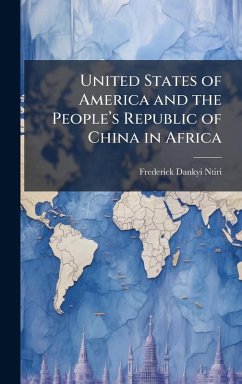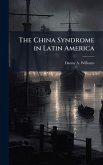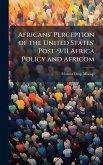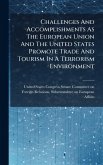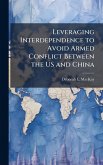Africa has recently become strategically important to the US and China, mainly for economic reasons. The US and China, the leading consumers of oil in the world, have devised strategies to secure and expand their interests, especially the quest for resources in Africa. This involves the employment of the DIME instruments of national power to achieve their objectives. The strategies being adopted by both countries in pursuing their interests in Africa differ in principle and implementation. Many conflicts in Africa have been linked to the ways through which the US and the USSR pursued their policies in Africa during the Cold War. This research seeks to point out the likelihood of the Cold War mechanics being replicated with the increased presence of the US and China in Africa. It examines the possibility of instability increasing from the ways through which China and the US are pursuing their policies in Africa, using Nigeria and Sudan as case studies. The research concludes that although the Cold War model cannot be applied to this new competition, there are similarities that cause concern. The research outlines some recommendations to be adopted to prevent intrastate conflicts or at least to minimize their effects. This work has been selected by scholars as being culturally important, and is part of the knowledge base of civilization as we know it. This work was reproduced from the original artifact, and remains as true to the original work as possible. Therefore, you will see the original copyright references, library stamps (as most of these works have been housed in our most important libraries around the world), and other notations in the work. This work is in the public domain in the United States of America, and possibly other nations. Within the United States, you may freely copy and distribute this work, as no entity (individual or corporate) has a copyright on the body of the work. As a reproduction of a historical artifact, this work may contain missing or blurred pages, poor pictures, errant marks, etc. Scholars believe, and we concur, that this work is important enough to be preserved, reproduced, and made generally available to the public. We appreciate your support of the preservation process, and thank you for being an important part of keeping this knowledge alive and relevant.
Bitte wählen Sie Ihr Anliegen aus.
Rechnungen
Retourenschein anfordern
Bestellstatus
Storno

